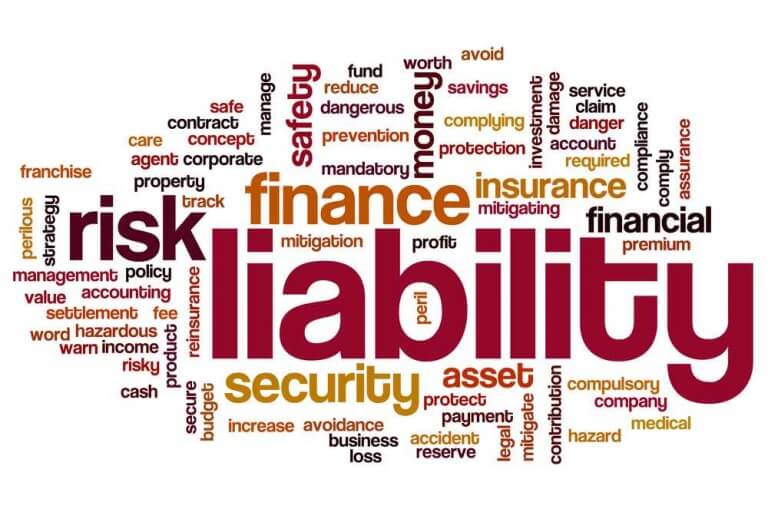Senior partner-itis

“… Typically the senior partner becomes complacent about the fabulous hand of cards that life has dealt him and starts to presume that he can do no wrong …”
It may come as no surprise that amongst professional practices that have no provision in their partnership deed for regular senior partner elections, an unusually high proportion of involuntary partner exits involve the senior partner.
Such partners are sometimes founder and/or name partners, and may be self-appointed to the senior partner role. The other partners wouldn’t dare challenge the arrangement, or where they do dare (after it all becomes too much, see below), the repercussions can be explosive.
Such situations cause great distress to all concerned and can be highly damaging to the firm. They must be handled with care and sensitivity.
I have found that various combinations of the factors set out below appear again and again in senior partner exit/expulsion cases. Typically the senior partner becomes complacent about the fabulous hand of cards that life has dealt him and starts to presume that he can do no wrong. I have dubbed this state of mind “senior partner-itis”. Symptoms include:
- Insists on controlling everything/having a finger in every pie
- No-one is permitted to question his vision for the practice or how he conducts himself
- Holds a senior governance position at the local cricket, rugby, golf or other sports club
- Is known locally as a great laugh and/or drinking companion
- Exhibits classic mid-life crisis behaviour (affairs, actual or attempted, sometimes with staff, sometimes multiple/serial)
- His time spent in the office diminishes to a few token appearances once in a while
- Is increasingly erratic and unreliable
- Treats the resources of the firm as his own (sometimes leading to conduct that some would classify as fraud)
Whereas some of these “symptoms” are harmless in themselves (and indeed to be valued, as any practice needs its practice developers who are willing and able to take clients and contacts “out on the town”), any senior partner (or indeed any other partner!) exhibiting more than half of these symptoms may need to be kept under observation, or hopefully to rein himself in, before his partners draw the conclusion that he simply has to go.






